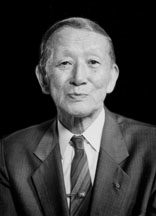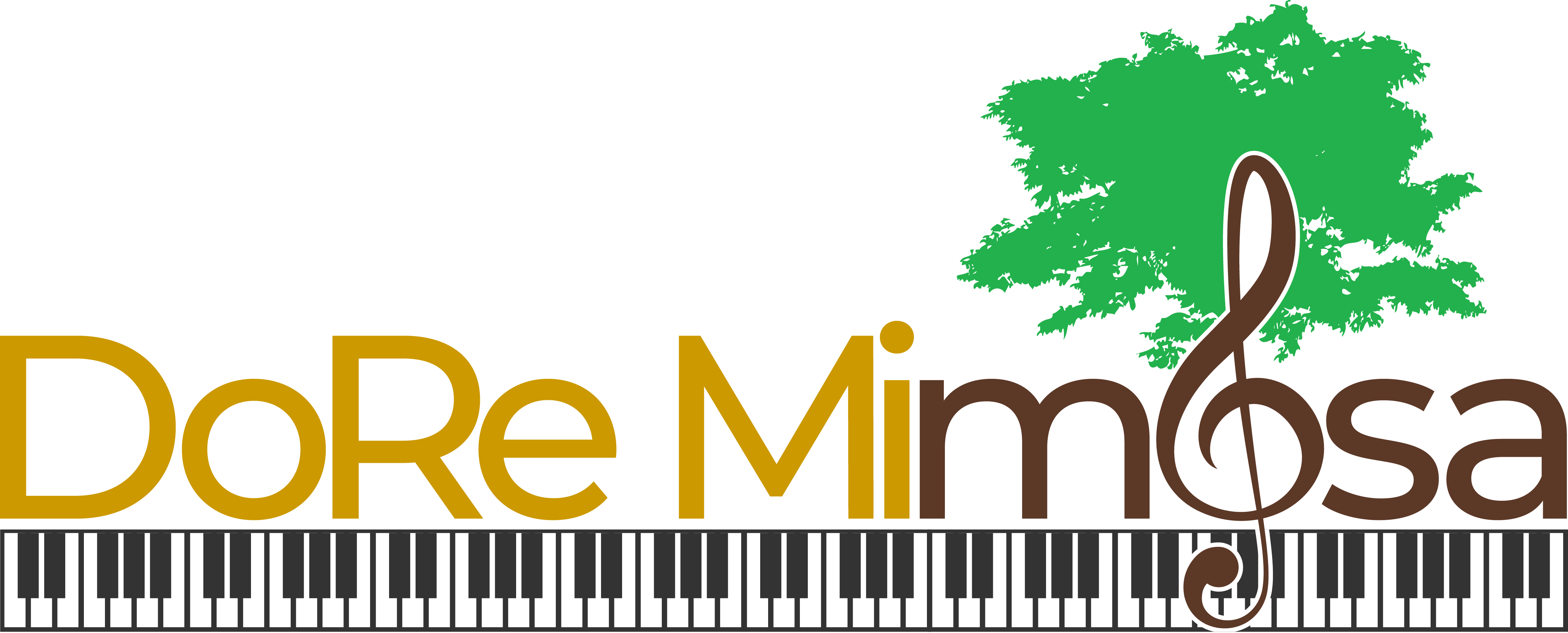Philosophy of the Suzuki Method

The Suzuki Method of musical training was developed in Japan by Dr. Shinichi Suzuki. Dr. Suzuki was a violinist and music educator. He believed that every single child could learn in a positive, supportive environment surrounded by noble human values. Dr. Suzuki coined the term the “Mother-tongue Method” which is based on the concept that children learn musical skills in the same way they learn their native language, by listening, watching and imitating others.
An important aspect of the Suzuki method is the Suzuki triangle. Commitment from all members of the Suzuki triangle (parent, teacher, student) to work together, provide support, and create a nurturing learning environment, achieves success. Parents play an integral role in the success of the Suzuki Method. A parent’s healthy involvement in home practice nurtures the talent and ability in every child. This makes learning positive, progressive, and promotes building a harmonious home environment.
Dr. Suzuki’s approach to musical training deals with more than just teaching a child how to play an instrument. It seeks to develop the whole child, to help unfold their natural potential to learn and grow. The purpose of Suzuki training is to help every child find the joy that comes through music making.
Suzuki students develop confidence, self-esteem, determination to try difficult things, self-discipline, teamwork skills, concentration, creative problem-solving skills, a lasting enjoyment of music, and the sensitivity and skill for making and expressing themselves through music.
Daily listening to recordings of the pieces is essential and is the parents’ responsibility to turn on. Piano lessons may begin from the age of three, and full parental involvement is required.
“Talent is not inborn, it has to be created.”
Why Suzuki?
Most piano teachers and teaching methods cannot successfully teach young children because the required skill of reading music has not yet developed. However, why refuse young children such a noble and priceless education at the age their brain is most pliable because of that one factor? Suzuki Education allows a child to experience and explore his/her musical potential as soon as the necessary motor skills are developed around the age of three. At this age, children already possess the emotional appeal to play the piano with pleasure. Children are taught how to read and compose music when they start to read and write at school, or when fundamental piano techniques have been acquired.
Suzuki students benefit greatly from years of intellectual stimulation and emotional growth compared to students who are limited by their reading abilities and are therefore only permitted to start learning piano at a later age. Science shows that learning to play the piano can develop areas in the brain involved in language, reasoning and spatial intelligence. For these reasons and more, Suzuki students find adjusting to schooling easier and apply Suzuki principles to succeed in other areas of their lives.
Give your child an early start today!
“Where love is deep, much can be accomplished.”
